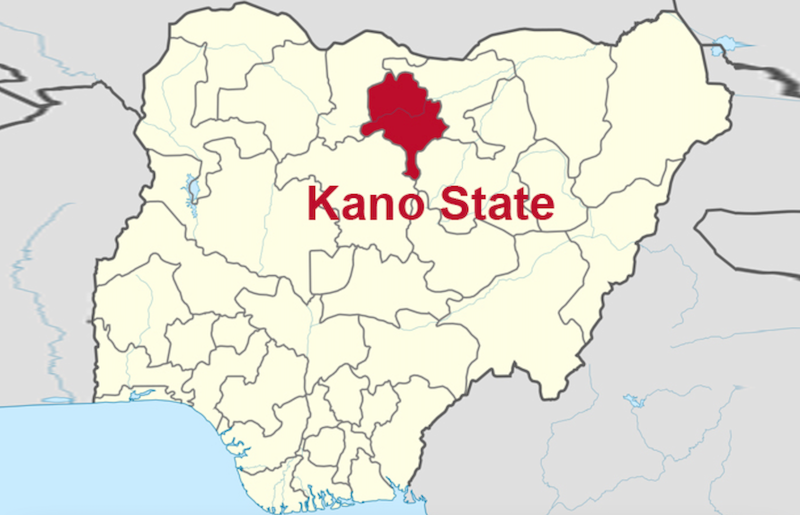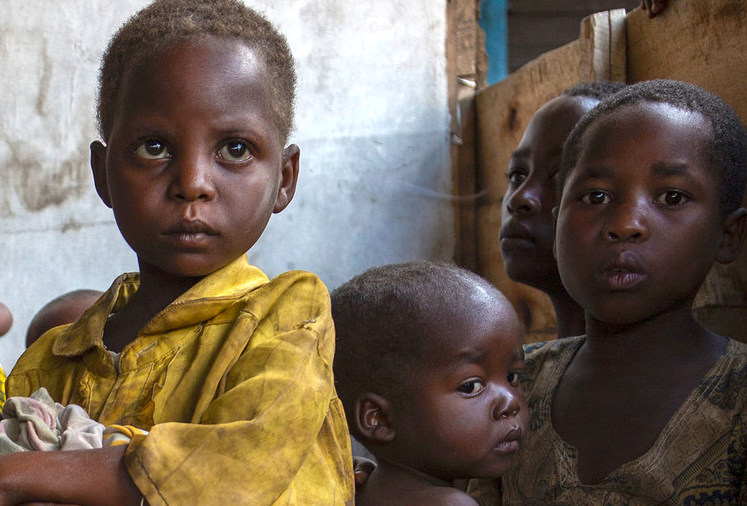The United Nations Children’s Fund has said Nigeria now stands as the country with the highest burden of malnourished children in Africa.
The international agency disclosed this on its website on Tuesday, adding that only two out of every 10 children affected currently have access to treatment.
It said with an estimated two million children in Nigeria suffering from severe acute malnutrition, the world’s most populous black nation has the second-highest number of stunted children in the world.
“Nigeria has the second highest burden of stunted children in the world, with a national prevalence rate of 32 percent of children under five.
An estimated two million children in Nigeria suffer from severe acute malnutrition (SAM), but only two out of every 10 children affected is currently reached with treatment.
“Seven percent of women of childbearing age also suffer from acute malnutrition,” it said.
UNICEF described malnutrition as a direct or underlying cause of 45 percent of all deaths of under-five children.
It explained that exclusive breastfeeding rates had not improved significantly over the past decade, with only 17 percent of babies being exclusively breastfed during their first six months of life.
“Just 18 percent of children aged six to 23 months are fed the minimum acceptable diet,” it added.
It further explained that states in northern Nigeria were the most affected by the two forms of malnutrition – stunting and wasting.
It also said that high rates of malnutrition posed significant public health and development challenges for the country.
UNICEF added, “Stunting, in addition to an increased risk of death, is also linked to poor cognitive development, a lowered performance in education and low productivity in adulthood – all contributing to economic losses estimated to account for as much as 11 percent of gross domestic product (GDP).
“We aim to ensure that women, children and adolescents, particularly in vulnerable and deprived areas, benefit from increased access to and use of quality services and information to prevent and treat malnutrition, including in emergencies.”







